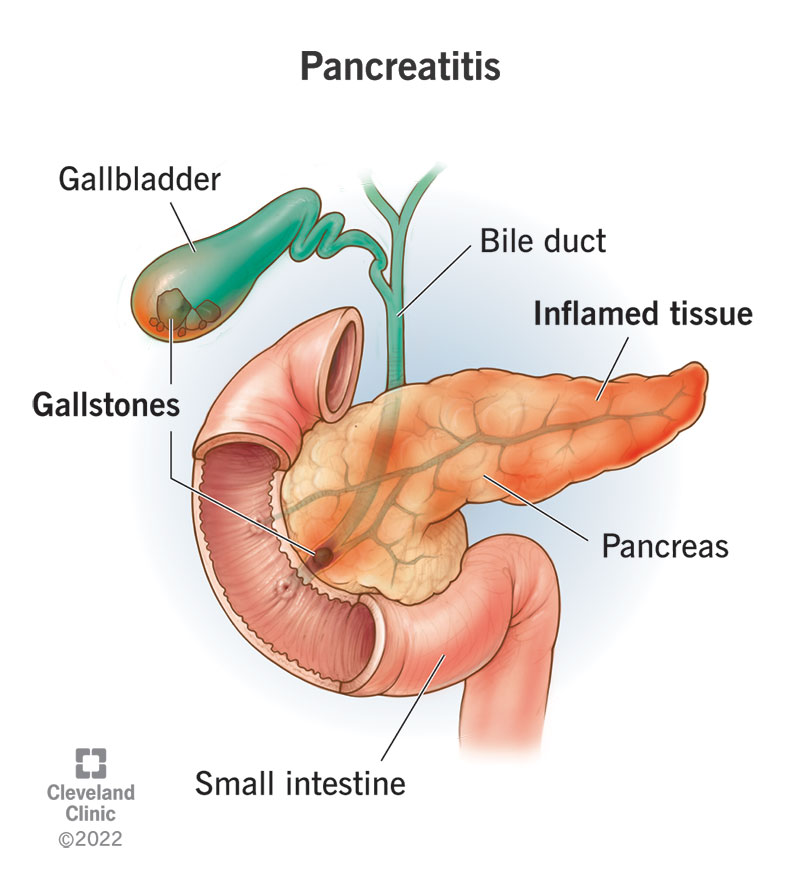
Introduction
Pancreatitis is a condition that results from inflammation of the pancreas, an essential organ responsible for the digestion of food and regulation of blood sugar levels. This condition can be acute (sudden onset) or chronic (long-lasting) and significantly impacts a person’s health. Understanding pancreatitis is vital, as it can lead to severe complications if not managed properly. Recent studies have shown an increase in pancreatitis cases globally, highlighting the importance of public awareness and early diagnosis.
Types of Pancreatitis
There are two primary forms of pancreatitis: acute and chronic. Acute pancreatitis is often caused by gallstones or heavy alcohol consumption and may resolve spontaneously with appropriate treatment. Symptoms include severe abdominal pain, nausea, vomiting, and fever.
In contrast, chronic pancreatitis usually develops as a result of repeated episodes of acute pancreatitis, often linked to ongoing alcohol abuse or certain genetic conditions. Over time, this can lead to permanent damage of the pancreas, impairing its ability to function properly.
Recent Developments
According to the National Health Service (NHS), the incidence of pancreatitis has risen in recent years, with approximately 60,000 hospital admissions each year in the UK alone. Experts attribute this increase to lifestyle factors such as obesity, high-fat diets, and increased alcohol consumption.
Research has also indicated that individuals with certain risk factors—such as a family history of pancreatitis, high triglyceride levels, or those suffering from diabetes—are more susceptible to developing the condition. Innovations in treatment approaches, such as endoscopic therapies and lifestyle modifications, have shown promise in managing both acute and chronic cases.
Diagnosis and Treatment
Diagnosing pancreatitis typically involves blood tests, imaging studies, and a thorough medical history. Treatment may vary depending on the severity and type of pancreatitis. While mild cases may require hospitalisation for hydration and pain management, more severe cases may necessitate surgery to remove blockages or damaged tissue.
Prevention plays a crucial role in managing the risk of pancreatitis. Maintaining a healthy diet, limiting alcohol intake, staying hydrated, and managing weight are essential strategies to reduce the likelihood of developing this condition.
Conclusion
In summary, pancreatitis is a serious and increasingly common health condition that requires more public awareness. Individuals are urged to recognise the symptoms and seek medical advice promptly. With advancements in research and treatment methods, there is hope for better management and improved outcomes for those affected by pancreatitis. As awareness grows, it is imperative for individuals to address lifestyle factors that contribute to this debilitating disease, potentially reducing the rise in cases observed worldwide.
You may also like

Tragic Incident Leaves Gardener Paralysed: A Call for Action

Understanding Melatonin: Uses, Benefits, and Importance
